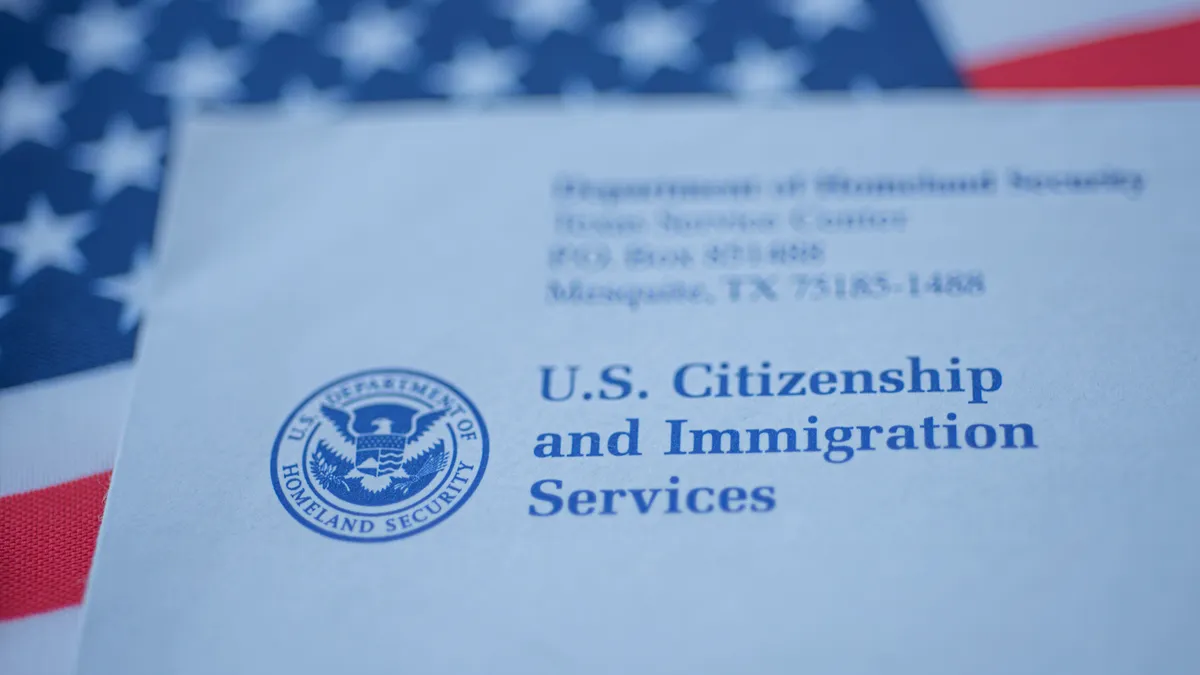Immigration compliance is changing quickly enough that attorneys at Cozen O’Connor said “it could be changing as we speak” during a webinar held Feb. 6.
Employers may be wrangling with questions about what to do in scenarios that are becoming very real, including I-9 audits and U.S. Immigration and Customs Enforcement raids on workplaces.
Elizabeth Olivera and Kelli Natrin, associates at the firm, answered questions posed by participants during the event regarding the more practical angles of immigration enforcement.
I-9 and E-Verify
Is there any talk that E-Verify will become mandated?
E-Verify is the long-running federal program that allows employers to confirm the eligibility of their employees to work in the U.S. by checking the validity of provided Form I-9 document information. While federal contractors are currently required to use E-Verify, Olivera said, it is not currently required that all employers do so. However, “that’s not outside the realm” of what might occur moving forward, she noted.
Discussion regarding an E-Verify mandate has especially existed at the state level, she continued, meaning doing some research into what E-Verify is and what it can do for your business may be “a very smart move.”
Do companies that use E-Verify have a lower chance of being audited?
“I wouldn’t say less of a chance,” Olivera said.
E-Verify is run through U.S. Citizenship and Immigration Services, so the government does know who uses it, she continued, but the audits are still considered random. An employer could disclose E-Verify use, if audited, but “I do not think they target specific employers who do not use E-Verify,” she said.
What is a typographical error?
Typographical errors in I-9 filings can be very small — and costly, Olivera said.
These errors can be as simple as transposing a number in an employee’s social security number or checkboxing that HR saw an employee’s passport when they actually showed a different document. Name misspellings and incorrect dates on forms can also count.
“Even the smallest typo” can bring a $288 fine, Olivera said.
ICE raids
What is considered a private area that ICE may not access without a warrant? Can any employee follow an ICE agent?
Attorneys during the webinar suggested that employers carefully monitor any ICE agents that come to their premises, and that any employee may follow them during the visit — though they typically recommend a manager do so, Natrin said.
Her top tip for discerning between private and public areas of business is to ask: “Would you let a customer in here?”
“You can’t stop an ICE agent from perusing your store, but you can stop them from entering your stockroom,” Natrin said — provided they do not have a judicial warrant signed by a judge.
Are particular industries more at risk?
Natrin noted that it’s a “common sense situation”; essentially, industries that tend to have a higher population of foreign national employees, like construction and agriculture, are more likely to see ICE raids.
“But certainly any industry is susceptible,” she added.












